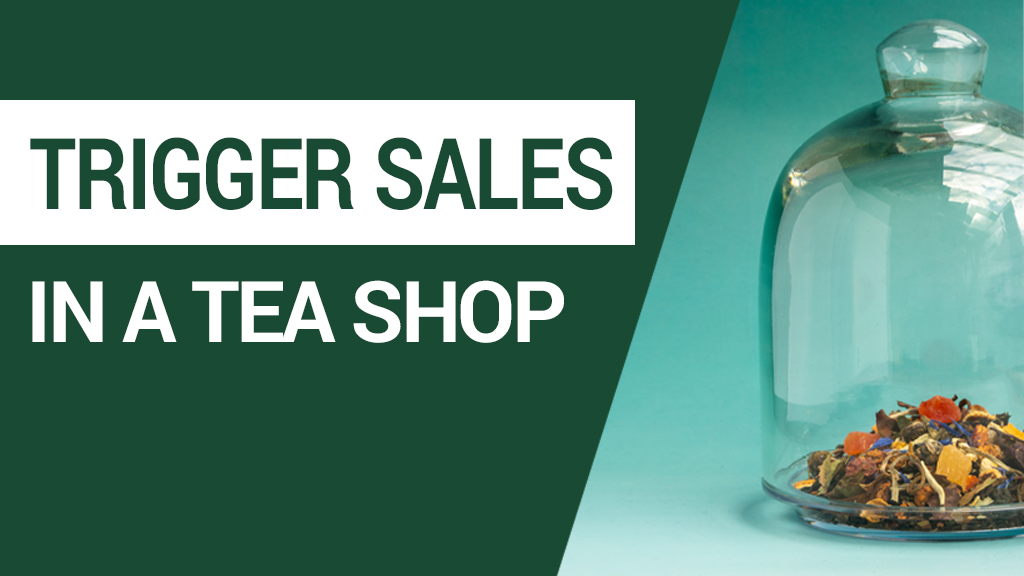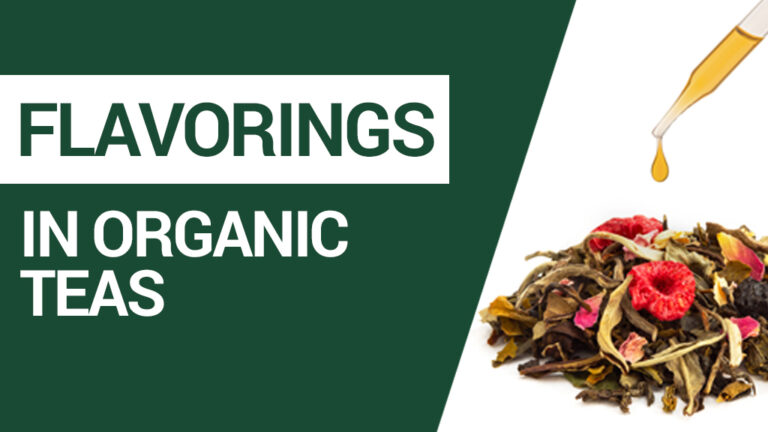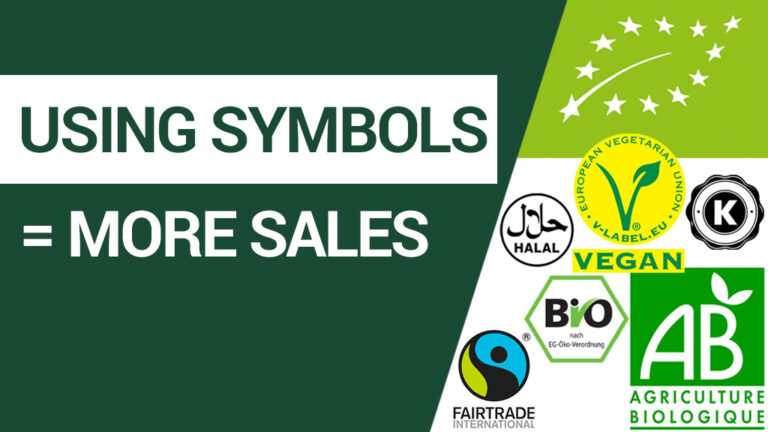If you asked your tea shop customers which factor will make them decide if a product is good, they would answer the taste. Fair enough.
The problem is that buyers can’t just enter a shop and taste products. They have to rely on other factors to determine if they buy or not.
As a tea shop owner, the questions you must answer are: what are the influential factors that trigger and maximise sales?
Table of contents
ToggleMain reason to buy tea in a tea shop
Smell is key
Most shoppers in a tea shop buy depending on how the dried tea leaves smell.
That’s why so many shops let their customers have a whiff in an open can or caddy. That’s just how they buy.
It’s even more the case with scented teas.
Not only does it have to smell good, but it has to fit the taste description on the label. A strawberry-flavored green tea will be hard to sell if it smells like caramel.
To sum up: in a tea shop, you go after the first sale with how good the tea smells.
Don’t add friction
Your job is to make it easy for shoppers to smell tea.
Still, many tea shops make it too complicated. For instance, when they sell only packaged loose tea and there is no olfactory glass, or no open sample can for the customer to see and smell the product.
I get that a few high-profile brands rely more on their reputation and packaging. But for all others (usually independent local shops), it creates unnecessary distance to the product.
Not having easy olfactory access to the product creates barriers between the buyer and your product.
What can you do about it?
How to set your tea shop properly
You have 2 possibilities:
The standard solution (not optimal)
Store the loose tea in big 1-kilo cans that only your shop personnel can manipulate. At the request of a shopper, you open each box and let them smell the tea inside.
This solution is ok, but not optimal.
First, you have to be a super customer-friendly and inviting person, so your customers don’t feel bad after the 8th tea they want to smell.
Also, it takes more time to serve each customer. It might be ok on a Tuesday morning in July. Quite another story on a mid-December Saturday.
The best solution (that only a few stores thought of)
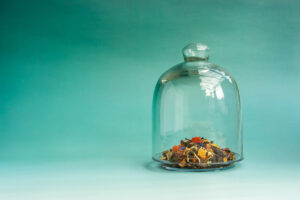
Set olfactory glasses for each tea reference you have. Your customers are freed from the necessity of interacting with you to discover and smell your tea references.
This is the best solution because it allows you to serve more customers at once. And shoppers don’t feel bad if they want to smell 30+ products.
And if they need to interact with you for advice or information, they still can.
What about the taste?
Some of you asked me: “How about the taste? Don’t tell me it counts for nothing…”
Sure it does.
Taste is critical… for the 2nd buy.
Your customers will come back to buy a reference again mostly based on how it tasted at home. But it’s not why they bought it in the first place.
Let’s sum it up:
You make the first sale with the smell.
You retain customers with the taste.
Other factors that influence sales
Is there more to that?
Yes. Actually, it’s always a combination of factors that leads to a sale.
A few more for you:
- A dusty shop will trigger more disgust than pleasure in the mind of the potential buyer.
- Most shoppers will trust the advice of a salesperson they have a good connection with. In this case, his/her “authority” will be enough to lead to a sale.
- The staff’s attitude should be helpful, friendly, patient, and act more as a guide than a pushy salesperson. Absolutely critical and a key factor of success as well.
- Other customers will buy based on the ingredient list and the “effects” they expect.
- Packaging plays a big role, especially if it’s well-branded and giftable. Indeed, a significant amount of your sales will have a gift intent. It will be even more true during the pre-Christmas season and special occasions (Valentine’s Day, Mother’s Day…).
- Keep in mind that we are here talking about independent tea shops. In franchise shops from well-established brands, the reputation and the perceived value of the brand itself play a big role.
Let’s wrap it up.
The price, attitude and authority of the staff, the ingredient list, the packaging, cleanliness of your shop…
All factors combined can make a sale happen or not.
As a tea shop owner, your job is not to master them all from day one, but to be aware of them.
Work for small but continuous improvements. The key is to be on the right path.
Key Takes Aways
Independent tea shops rely heavily on sensorial experience to make a sale.
Shoppers tend to buy from you depending on how the tea smells. If they like the taste once brewed at home, many will come back for more.
You need to be good at both to get returning customers and build loyalty.
Other factors like price, packaging and staff quality also have their importance. But they are more specific and should be analyzed on a case-by-case or product-by-product level.
